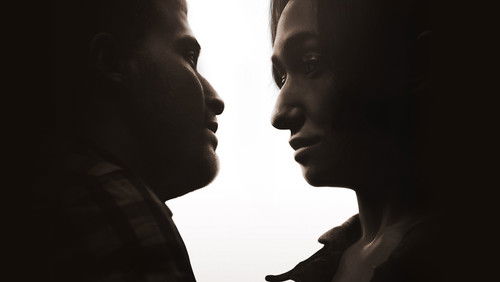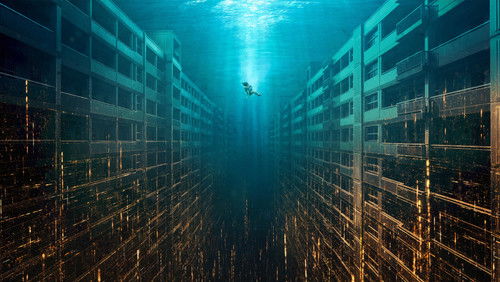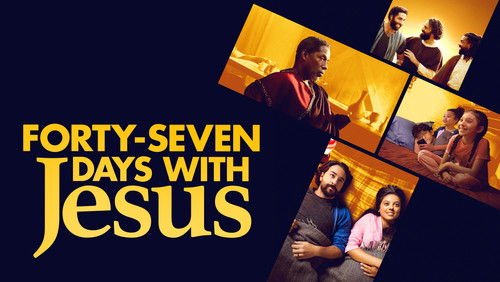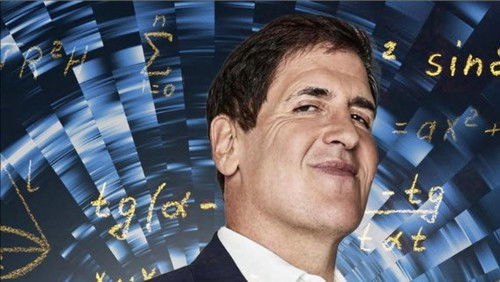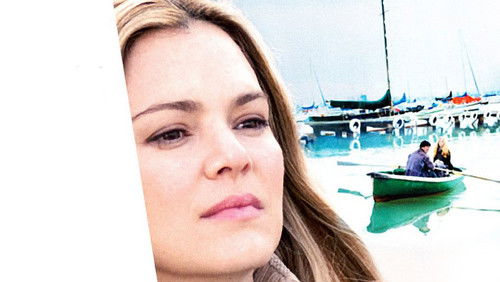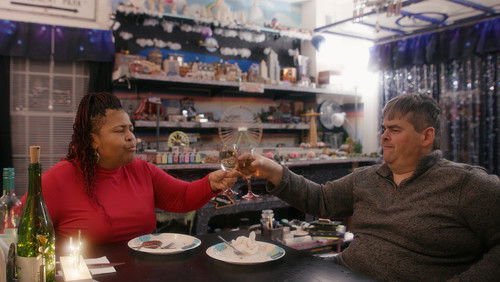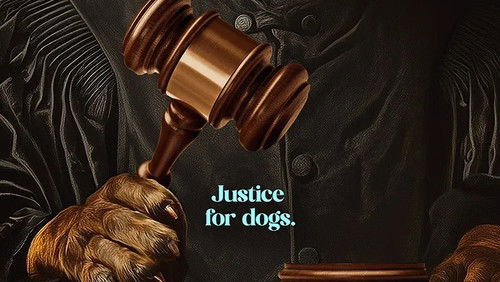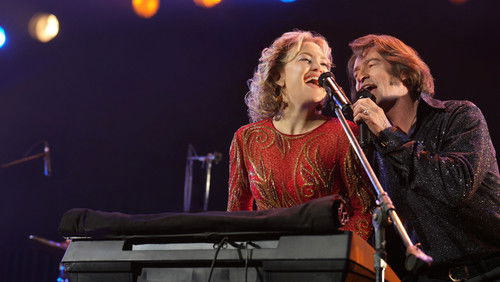Genocide (1982)
31KGenocide: Directed by Arnold Schwartzman. With Elizabeth Taylor, Orson Welles, Simon Wiesenthal, Neville Chamberlain. Orson Welles and Elizabeth Taylor compassionately narrate this harrowing documentary about Jewish persecution in Nazi Germany, which soon turned into a notoriously industrious plan to wipe them from existence.
“If only one documentary film of the holocaust should be preserved, this is probably it. Riveting in its content, rich in its emotion, and outstanding in its technique, this film flirts with greatness. Indeed, the moving narration provided by both Elizabeth Taylor and Orson Welles is among the most impassioned, most heartfelt, in cinematic history.u003cbr/u003eu003cbr/u003eAlas, despite its overall excellence, the film must be u0026quot;marked downu0026quot; because of its apparent disregard for internal consistency. Donu0026#39;t get me wrong – everything (and more) of what it recounts is factually true. And all of the documentary evidence it presents is as real as the screen youu0026#39;re looking at. No, what bothered me was the tendency over and over again for the filmmaker to use photographic material inaccurately. So, for example, to help paint the picture of the Holocaust on the Eastern Front, we are presented with multiple black and white photographs of hangings. The trouble is that many of the photos were neither of Jews nor of the Holocaust. They were of partisans and commissars (also hunted and slaughtered by the Nazis). Likewise, while the narration describes an u0026#39;aktionu0026#39; in Lithuania, the photos we see are from assaults on Jewish women in Lvov. I could go on, but think you get the idea.u003cbr/u003eu003cbr/u003eAgain, please donu0026#39;t misinterpret me. I am not at all challenging the general veracity of the film nor the importance of its message. My quarrel is, simply, that too many of the illustrations used to complement the narrative are out of place and inaccurate. By and large, this probably makes little difference to things overall (whether someone was murdered in 1943 or 1944, and whether by hanging or by a bullet to the back of the neck, is irrelevant in the total enormity of the Holocaust). However, given the reality of revisionists and deniers, the last thing one would want to do, especially when making a film that in some sense u0026quot;provesu0026quot; the Holocaust, is to give the disbelievers any ammunition for their perverted cause. Frankly, Iu0026#39;m distressed by such careless selection and use of photos. I fear that this could cost the film credibility – credibility in the eyes of those who most need to have them opened.”
